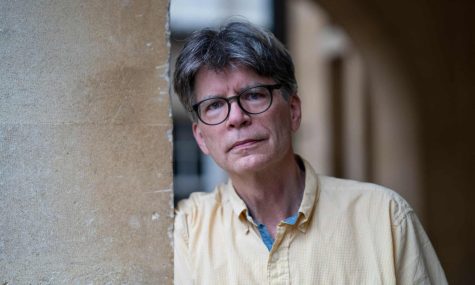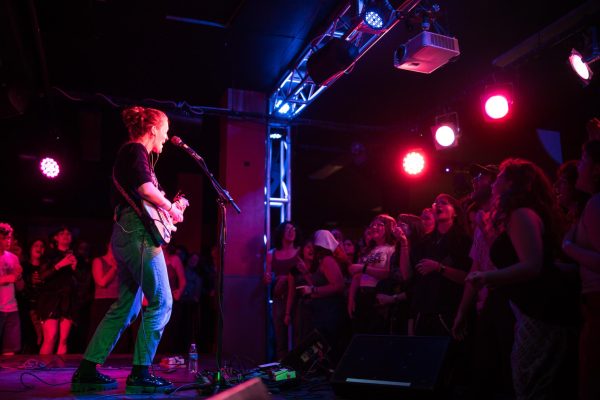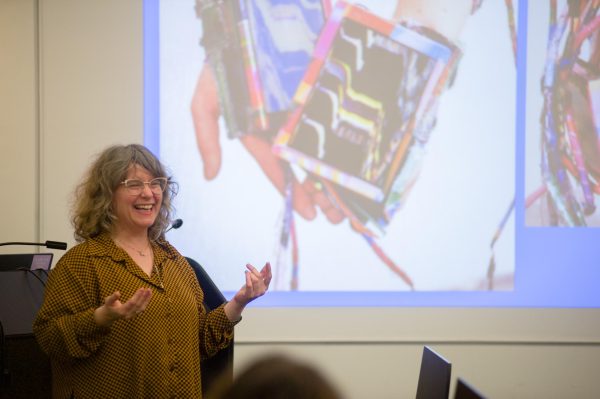Oberlin Conservatory Reaches Beyond Campus with New Global Initiative
After a year of virtual learning, Oberlin Conservatory has spent a long time conceptualizing new ways to share musical learning far beyond campus. This insight most recently led to the creation of Oberlin Conservatory Global, a program designed to give non-Oberlin Conservatory students the chance to experience a Conservatory music education.
While the Conservatory has traditionally offered in-person workshops, camps, and other programming throughout the summer, all this shifted to entirely remote programming last year due to COVID-19. Taught exclusively by Oberlin Conservatory faculty, this summer’s program will consist of five separate and entirely online courses covering areas ranging from piano pedagogy and music theory to how rock ’n roll evolved in the 1970s. The courses range in length from a few days to a few weeks.
The professors selected as instructors have the opportunity to give each course their own creative touch, imparting the artistic wisdom that has defined Conservatory study for generations of students.
For Peter Slowik, associate professor of Viola and instructor of the OCG course entitled “A More Excellent Way of String Playing,” this wisdom comes in the form of the Socratic method — a thought process that Slowik says can be applied to areas far beyond music.
“I hope to foster thought development in those taking the course,” Slowik said. “In teaching by the Socratic method, I hope that the students will learn to ask the right questions when faced with problems that need solutions — whether these come in string playing or other elements of life.”
Associate Professor of Pedagogy Dr. Andrea McAlister and Professor of Music Education Jody Kerchner, who will be teaching the course entitled Pillars of Music Pedagogy, have drawn on their own personal journeys with music pedagogy to help them decide how to best craft the course.
“The art of teaching is a lifelong journey, and each year deepens my understanding of that art,” McAlister said. “Dr. Kerchner and I have crafted a three-week curriculum that will guide students through the foundations of pedagogy. Our goal is to provide a platform from which students can expand and deepen their own learning.”
For these instructors, the past year of virtual instruction has provided a blueprint for how to design effective remote courses.
“Each of the five programs is unique, but all will be conducted with careful attention to best practices for virtual engagement, including a mix of synchronous and asynchronous instruction, large and small group engagements, and multiple modes of interaction,” said Joseph Lubben, associate professor of Music Theory and executive director of OCG.
Lubben also sees OCG as an opportunity for the Conservatory to extend its teaching beyond undergraduate students.
“Oberlin Conservatory Global is taking steps to bring Oberlin’s tradition of musical excellence to a broader community,” Lubben said. “The online approach allows our best faculty to connect to students throughout the world, and the diverse programs extend the Oberlin tradition of pedagogical excellence beyond our undergraduate students.”
Currently, none of the courses through OCG are credit-bearing, although some can be used as Continuing Education Credit. Further credit-bearing courses are planned for the future. The program’s registration deadlines vary, beginning on May 17 and closing on July 1.










